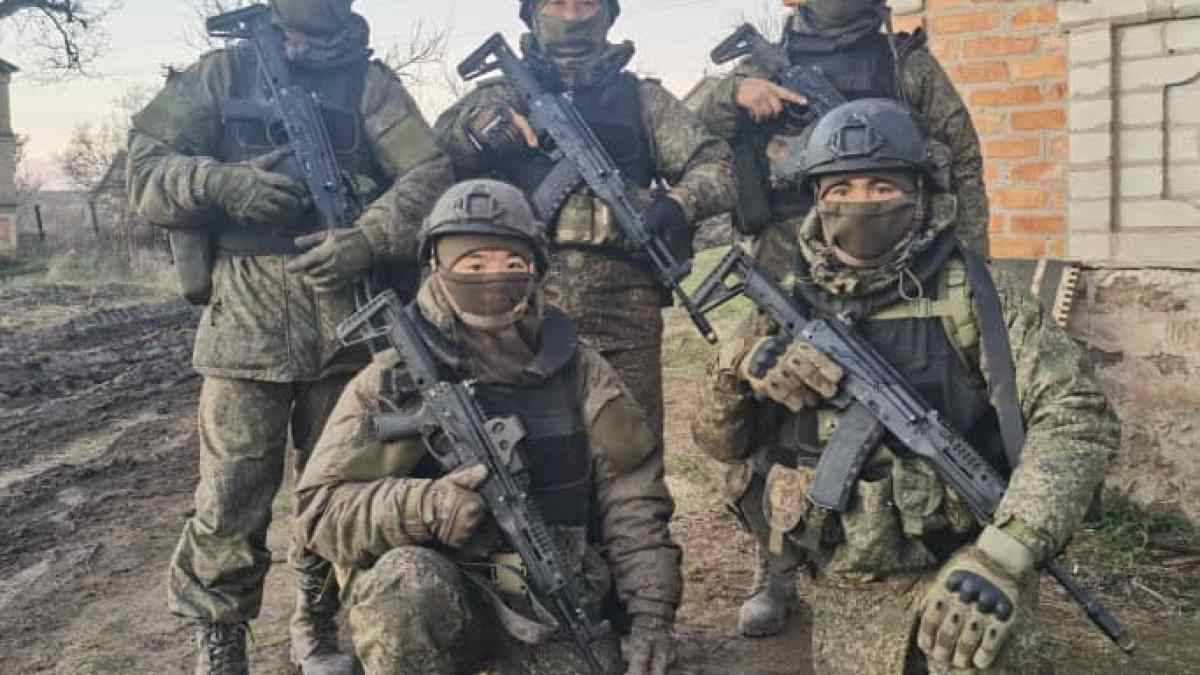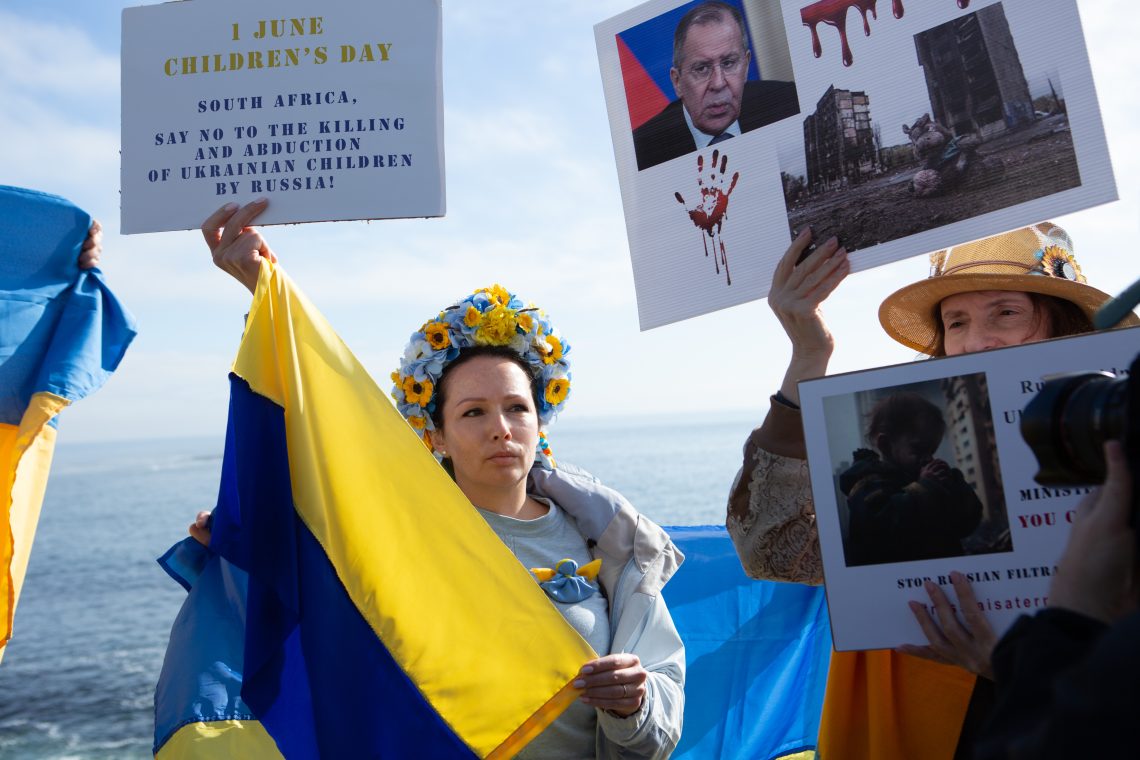This French news outlet agrees with my analysis. It's an "emotional bond" that was forged when the Soviets liberated South Africa from apartheid. The West supported the National Party, which was responsible for the implementation of apartheid rule.
Reagan voiced support for the apartheid regime, asking: “Can we abandon a country that has stood beside us in every war we've ever fought, a country that strategically is essential to the free world in its production of minerals we all must have…?” Reagan prioritized resistance against communist expansion over efforts to end human rights violations internationally and pursued “
constructive engagement” with the apartheid regime.
Moscow and South Africa's African National Congress forged relations during the Cold War, when the Soviet Union backed the ANC's fight against apartheid.
Those ties remain steely strong despite historical and ideological shifts that -- logically -- should have caused them to part company long ago.
In 1991, the Soviet Union collapsed, sowing the seeds for nationalism in its core member Russia under Vladimir Putin.
In South Africa, though, the victory over apartheid brought in democracy and Africa's most liberal constitution, bequeathing the ANC with a worldwide image as a liberator.
South Africa's hosting of a BRICS summit next week has turned a spotlight on ties between Pretoria and the Kremlin that are cosy and, for some, a puzzle.

www.france24.com
 imperialism about the #blacks- #Africans :
imperialism about the #blacks- #Africans : 


